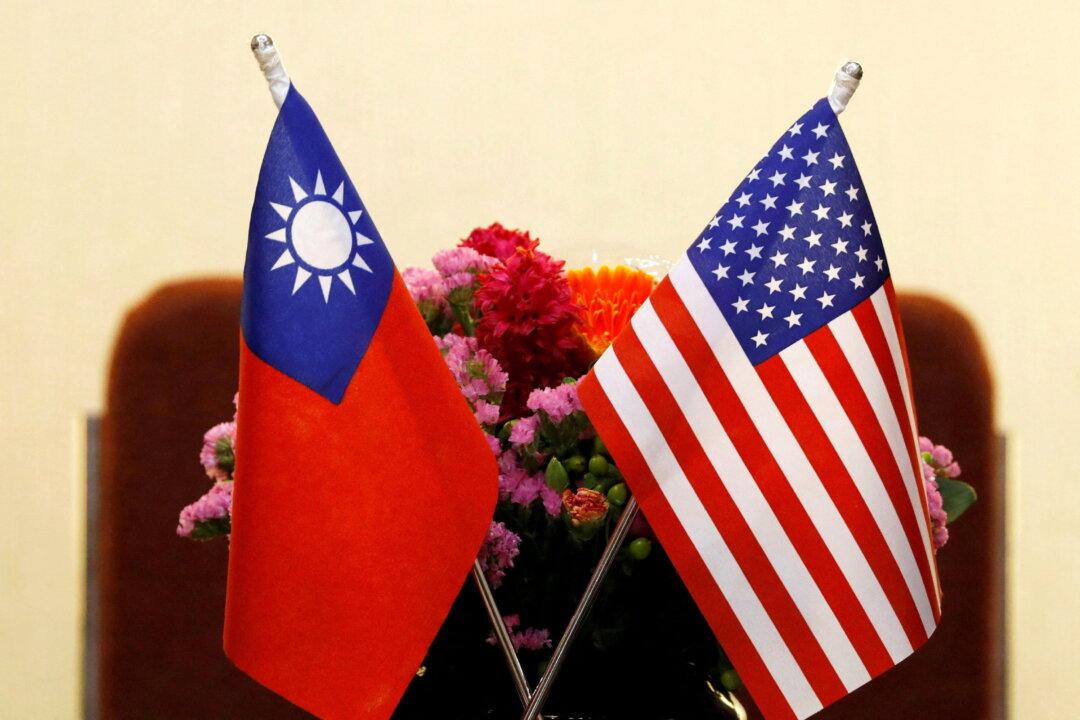The Taiwanese government on Friday welcomed its fifth prospective arms deal with the United States under the Biden administration.
In a statement, Taiwan’s Presidential Office said the deal includes the purchase of spare parts for tanks and combat vehicles, including contractor logistical and technical support, worth $108 million.





